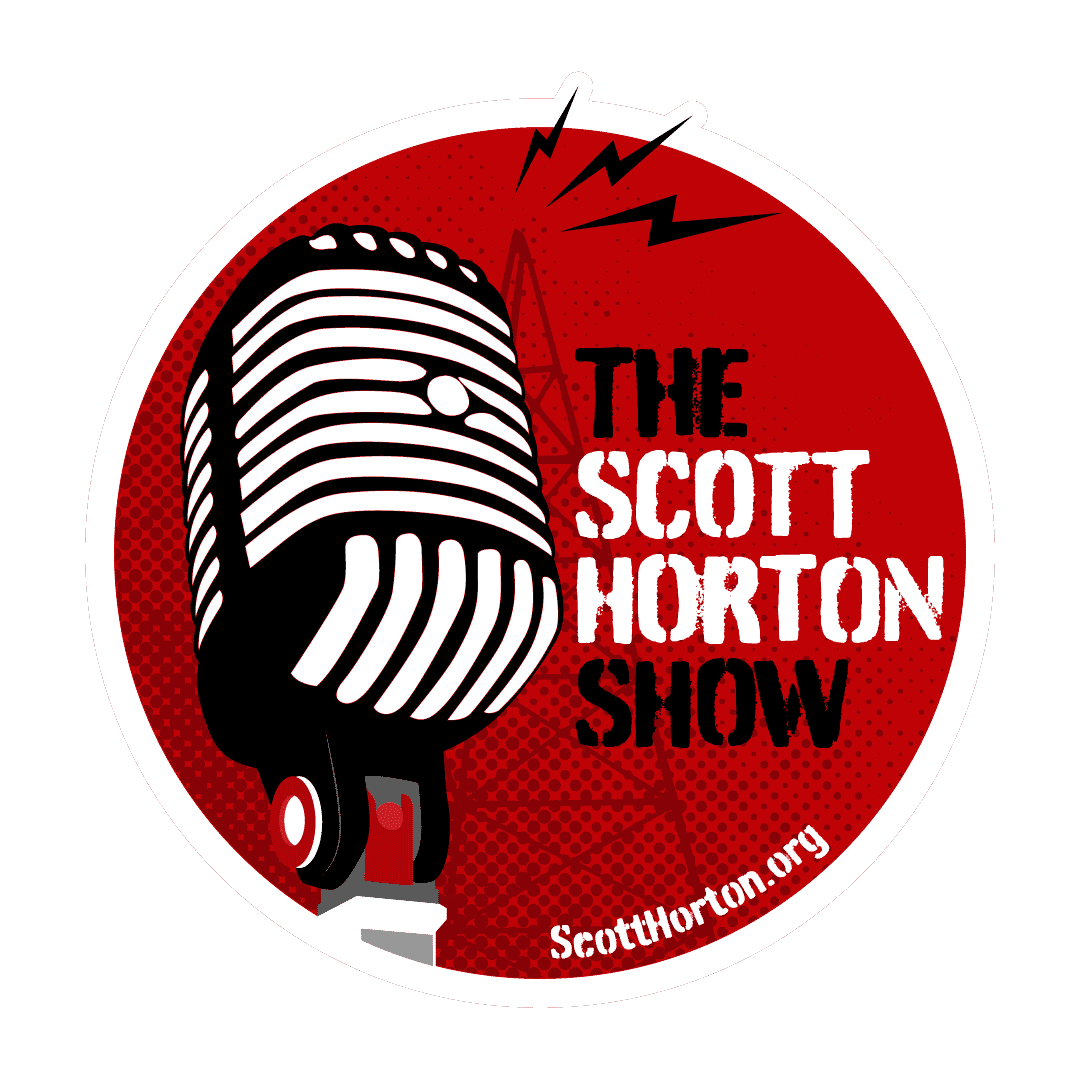David Henderson joins the show to talk about the consequences of war for the American economy and the world political order. Henderson explains that many of the intrusive powers the state has today are the result of major crises, during which the state seizes some new power, and then after the crisis gives up much of that power again—but not all of it. Over time these powers accumulate into the government we have today. The nascent income tax, for instance, was raised all the way to 77% for top earners during World War I, and then ‘generously’ lowered closer to modern levels after the war ended. Railroads were nationalized around the same time, and then privatized afterward but with much more regulation. Henderson identifies three crises that had the most impact in this area: World War I, the Great Depression, and World War II. War in particular has dire consequences for government power, as demonstrated by the rise of Hitler’s fascism in Europe and numerous socialist regimes in the East, all as a direct result of the aftermath of World War I. He advocates a return to defense, rather than offense, which would not only save American taxpayers billions each year, but would also avoid the blowback with which we’ve become all too familiar.
Discussed on the show:
- “War-Fighting and the Loss of Liberty” (LibertyLawSite.org)
David R. Henderson is a Research Fellow at Stanford’s Hoover Institution and former professor of Economics at the Graduate School of Business and Public Policy at the Naval Postgraduate School. He is the author of The Joy of Freedom: An Economist’s Odyssey. Read his work at DavidRHenderson.com and AntiWar.com.
This episode of the Scott Horton Show is sponsored by: Zen Cash; The War State, by Mike Swanson; WallStreetWindow.com; Roberts and Roberts Brokerage Inc.; NoDev NoOps NoIT, by Hussein Badakhchani; LibertyStickers.com; and ExpandDesigns.com/Scott.
Check out Scott’s Patreon page.
Podcast (thescotthortonshow): Play in new window | Download





























